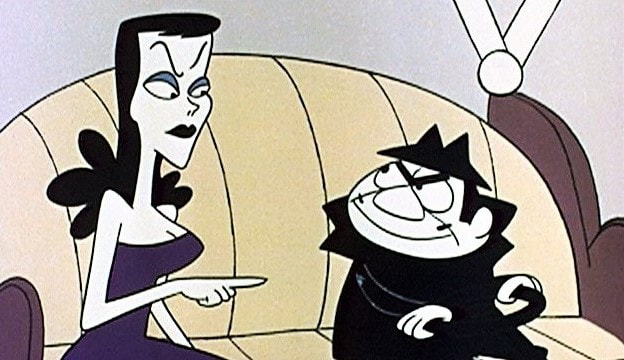|
What do these books have in common…? The Scorpio Races The Fault in our Stars Flipped The Running Dream 100 Sideways Miles The Queen’s Gambit The Martian Even Road Rash, not that I’m placing it with the above. Heck, even my new YA novel which will pub in the fall of next year. And the one after that, which I’m currently polishing… These books have lots of struggles, lots of challenges, lots of setbacks and victories and defeats and triumphs. All done differently. But what they have in common is… no bad guy. Not that they don’t have unlikeable secondary characters, even some downright jerks and full-on asshats. But… No arch enemy. No mortal opponent. No “antagonist” in “direct conflict” with the “hero” as she/he is “set into action” by the “inciting incident” and struggles to achieve their “hidden desire.” To be clear, I’m NOT saying that having an antagonist (or even an old-fashioned villain) is a bad thing. Many stories have one, including some great works. (Where would Harry be without Voldemort? Or Luke without Darth? Or Frodo without Sauron?) Bad guys can be great—they can add danger, action, and conflict, and there’s wonderful satisfaction in seeing a bad guy get his comeuppance in a story’s climactic scene (whether that’s an embarrassing defeat or full-on death and destruction). So… Yay, bad guys! My point is that novel writing is far less formulaic and far more open-ended and organic than some would have us believe. Of course, one benefit of having specific, Boolean rules is that it’s pretty easy to bundle them all up and say, “Apply these to achieve success!” And then simply list all the mechanical attributes that supposedly go into a work of great fiction. On the other hand, it’s pretty hard to sell a book (or program or system or webinar) that says: “This is art. There are no rules. No formula. Do what you want. The challenge is to do it well enough that people will pay for it, read it, and recommend it. Work hard. Don’t shop it until it’s absolutely as good as it can be. Never stop improving, never stop working on your craft. Maintain a positive attitude, and for God’s sake, persevere. Good luck.” (There. My goofy little take on how to succeed as a writer. Free of charge.) As you’ve likely guessed, this post actually has nothing to do with antagonists. It has more to do with the fact that if a foundational aspect of the conventional wisdom on “How to write a novel!” can be completely missing from many novels—including some beloved, critically acclaimed, bestselling books—then maybe all the other CW* around “how to write a novel” is suspect as well…? [*As I’ve alluded to before, I think the reason for much of this—the paint-by-numbers CW we often see online around writing novels—can be attributed to the fact that although they seem similar, in reality a screenplay and a novel are about as alike as a song and a poem. In other words, not very. It may make for an easier sales pitch to pretend they’re the same, but IMO it makes for less engaging novels. And of course, if you want to sell a manuscript the primary goal is to engage the buyer… whether agent, editor, or reader.] All of which makes you wonder if disrupting some of the other foundational aspects of writing CW can lead to interesting stories. Like, what about a story that starts so ‘in medias res’ that there literally is no inciting incident? (Maybe we’re fully in when we join the story. ‘And We Stay’ by Jenny Hubbard had some of this vibe about it, to great effect IMO.) Or instead of none, maybe a story that has two or more inciting incidents, perhaps one pushing the protagonist toward the cliff and the other completely over it? (My book-after-next has a whiff of this.) Or maybe a book where the climax of the story is truncated because it turns out that the protagonist simply showing up for the big battle IS the climax, not whether he actually wins or loses? (‘We Are the Goldens’ by Dana Reinhardt had something sort of similar, where the story ended at what might have been the inciting incident in a more typical story.) And so on… My point being there is a lot of fertile creative ground out there—much of it relatively untouched—and the novel might be the perfect vehicle to use in exploring it. Because with a book, if you can think it, it can happen. Period. No extra budget needed for special effects, no two-hour runtime limit, no three-minute song length needed to get airplay. It’s wide open. And if the world you need to set your story in doesn’t exist… you simple build the damn thing. The sky’s the limit, as long as you follow the dictum listed earlier: Do whatever you want… as long as you do it well enough that people will pay for it, read it, and enjoy it. Happy crafting!
0 Comments
|
This is where I write about things that are of interest to me and which I think may be of interest to you. I’m assuming most of you are here due to an interest in reading, writing, editing, publishing, etc., so that’s the primary focus.
|

 RSS Feed
RSS Feed